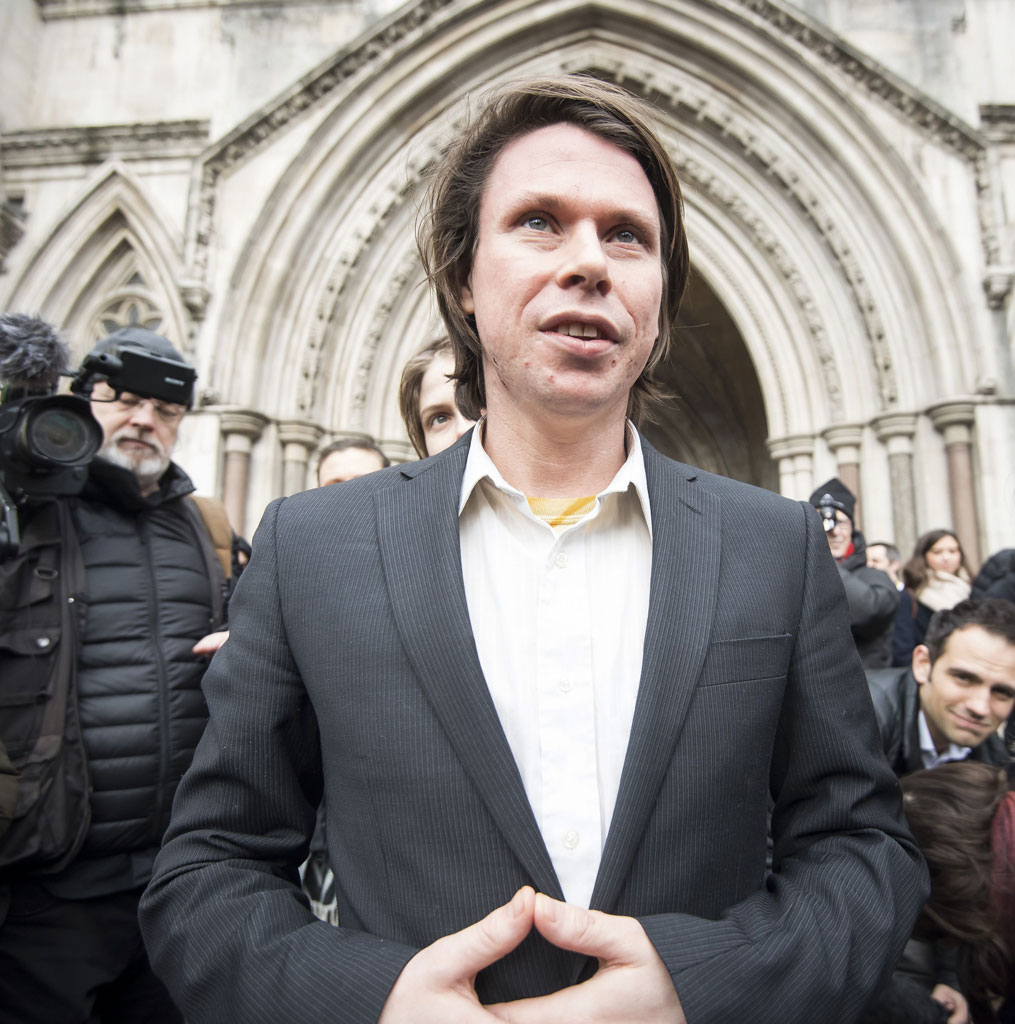
Lauri Love, who is accused of cyber-attacks on US Army and government computers in order to steal confidential information, cannot be extradited to the US because it would be oppressive, the High Court held this week, in a landmark decision.
The case, Love v Government of USA [2018] EWHC 172 (Admin), is the first successful use of the forum bar to extradition argument. The forum bar was introduced into legislation in 2013 by the then Home Secretary Theresa May, after she blocked hacker Gary McKinnon’s extradition to the US. It bars extradition where a substantial part of the alleged criminal activity took place in the requested state (England) and it would not be in the interests of justice. The court takes into consideration the logistics of a trial, the rights of the alleged victims and also the human rights of the requested person, amongst other considerations.
Love (pictured), who has Asperger syndrome, is accused, with others, of exploiting vulnerabilities in software to place ‘shells’ or ‘backdoors’ within the computer networks in 2012 and 2013 so they could steal information about employees.
Delivering his judgment, Lord Burnett, the Lord Chief Justice, and Mr Justice Ouseley, said extradition would be ‘oppressive by reason of his physical and mental condition’. They accepted that extradition would bring on severe depression and that Love would probably be determined to commit suicide.
A statement from Kaim Todner Solicitors, which acted for Love, said: ‘This has been a landmark judgment, not just because it is the first time that the forum bar has successfully been argued, but also because it is a very rare occasion on which the English courts have discharged a requested person on a US extradition request.
‘What is particularly important about this case is that the British justice system has taken the stance that we should deal with the matter ourselves, rather than accept the US government’s demands. It has also been recognised that mental health provisions in US prisons are not adequate to satisfy us that Lauri would not have come to serious harm if he were extradited.’
Emma Norton, head of legal casework at Liberty, who intervened in the case, said: ‘Where unlawful activity is alleged to have taken place in the UK, those suspected should be tried in the UK—not packed off to foreign courts and unfamiliar legal systems. This is especially important in cases of vulnerable people like Lauri Love.’









